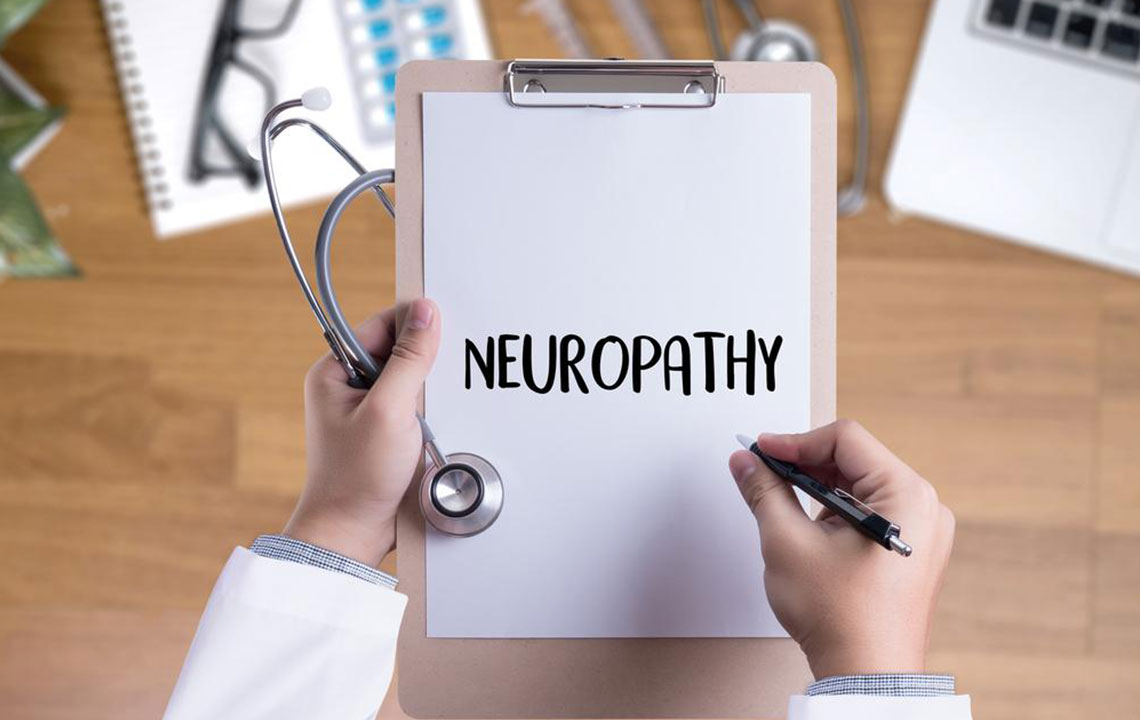Understanding Peripheral Neuropathy: Causes, Symptoms, and Management
Discover comprehensive insights into peripheral neuropathy, including its main causes, symptoms, diagnostic procedures, and treatment strategies. Early diagnosis and a tailored approach can effectively manage this nerve condition, improving patient outcomes and quality of life.

Understanding Peripheral Neuropathy: Causes, Symptoms, and Management
The human body's nervous system controls various vital functions, and damage to any nerve can lead to significant health issues requiring medical attention. Nerves are classified into three main groups based on their roles:
Sensory nerves – Responsible for transmitting sensations like pain or temperature.
Motor nerves – Carry instructions from the brain to muscles to facilitate movement.
Autonomic nerves – Regulate essential involuntary functions such as blood pressure and heart rate.
Damage to any of these nerves can cause peripheral neuropathy, a condition affecting the nerves outside the brain and spinal cord. Treating neuropathy involves addressing its root causes. A neurologist is the specialist to diagnose and recommend appropriate therapy based on tests and examinations.
Common causes of neuropathy include:
Diabetes: Elevated blood sugar levels can impair nerve health by reducing blood supply to nerves.
Alcohol consumption: Excessive alcohol intake damages nerves and is often advised against during treatment.
Medication side effects: Long-term use of certain drugs, including chemotherapeutic agents, can harm nerves.
Chronic illnesses: Conditions like cancer or liver and kidney problems weaken bodily systems, increasing nerve vulnerability.
Idiopathic causes: Around one-third of cases have unknown origins, termed idiopathic neuropathy.
Symptoms vary depending on the nerves affected. They may include sharp pain, numbness, weakness in muscles, or diminished sensation to heat and cold, necessitating prompt treatment. Diagnosis involves a physical exam, medical history, blood tests, and electromyography (EMG) to evaluate nerve function.
Management options include:
Controlling underlying conditions such as diabetes or abstaining from alcohol.
Supplements to correct vitamin deficiencies.
Physiotherapy to strengthen nerves and muscles.
Surgical intervention in severe or injury-induced cases.
Pain management with appropriate medications.
Since nerves are highly sensitive, early diagnosis and targeted treatment are crucial for optimal recovery. Combining various therapies and maintaining proper after-care can significantly improve quality of life for those affected by neuropathy.










